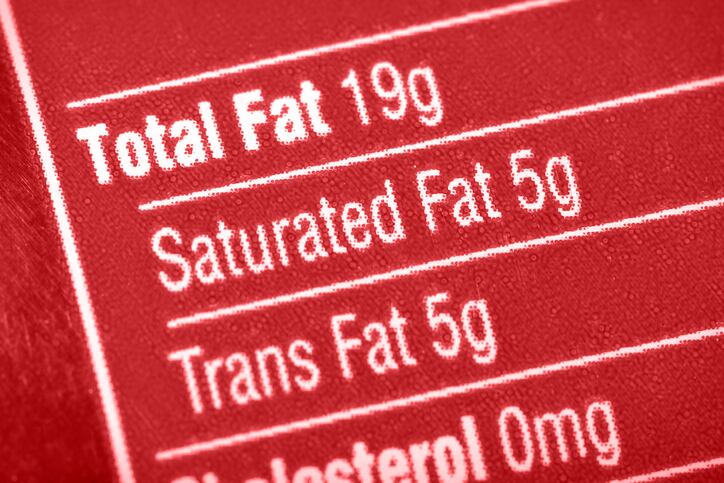It will apply to all foods intended for the final consumer and for supply to retail including bakery, confectionery, ready-to-eat meals and ice cream.
According to the World Health Organization (WHO), diets high in trans-fat are known to increase the risk of heart disease and premature death. In Turkey, 36.6% of all deaths in Turkey were associated to cardiovascular diseases.
In an official statement, Dr Toker Ergüder, National Professional Officer for Noncommunicable Diseases and Promoting Health through the Life-Course, at the WHO Turkey office said: “To prevent premature deaths, Turkey has shown great political commitment, by taking a mandatory approach to the elimination of industrially produced trans fats from the food supply. This will reduce exposure to artificial trans fats and increase the availability of healthier alternatives to reduce the number of deaths from cardiovascular disease.”
Omar Lechuga, research and development director of Middle East, North Africa, Turkey at Kerry told FoodNavigator-Asia: “Limiting and eventually eliminating trans-fat is the right thing to do as we are aware of its impact on heart health.”
This regulation follows the WHO goal in eliminating trans-fat from the global food supply by 2023. As Turkey is part of the WHO European Region which includes members of the EU, implementing the new regulation will bring this region closer to becoming the first to turn trans-fat free.
According to a statement from the Turkey’s Ministry of Agriculture and Forestry, manufacturers must comply by December 31, 2020.
For oils and fats producer Bunge Loders Croklaan, it is establishing its first studio in Turkey to provide training for customers on reformulating products according to the new trans-fat regulation.
Immune interest
Another health trend blooming in Turkey was the rising interest in immune-related foods, amidst the ongoing COVID-19 pandemic.
Victoria Sweiss, senior marketing specialist for Middle East, North Africa, Turkey at Kerry observed: “We see a very high percentage of consumers purchasing or intending to purchase health products now, and believe the concerns about immunity have been highly magnified as a result of the pandemic.”
According to Mintel research, in the past five years, 25% of F&B products were launched with immune health claims, mostly in the dairy, juice and baby foods categories.
Lechuga pointed out that in the past, incorporating immune health ingredients was more evident in foods for children, but it has now extended to other F&B categories as the world emerges slowly from the pandemic.
The Kerry Global Consumer Survey on Digestive & Immune Health in 2019 had revealed the popular categories that consumers would like to see immune health benefits. They were yoghurt and milk/yoghurt-based drinks (71%), bakery products and snacks (46%), fruit and vegetable juices and ready-to-drink tea and coffee.
Based on these trends, it presents a huge opportunity for manufacturers to tap into the estimated US$404m F&B market in Turkey, according to Statista data.
Lechuga told us: “Turkey has always been the bridge between East and West. This drives great diversity for food offerings in the region.”
On the challenges in reformulating healthier products: “The major challenge when it comes to reformulation is making a product healthier without impacting taste. Manufacturers can meet consumer expectations if they opt for health and wellness ingredients that can deliver on both the health and taste promise," explained Aanchal A Kumar, Kerry's business development manager for Southwest Asia, Middle East, Africa and Turkey.
She added: “Seeing product claims based on research or scientific data would make consumers more likely to buy a healthy lifestyle product. Transparency is also a key factor as consumers want to see the benefits of a healthy lifestyle product explained on its packaging.”

